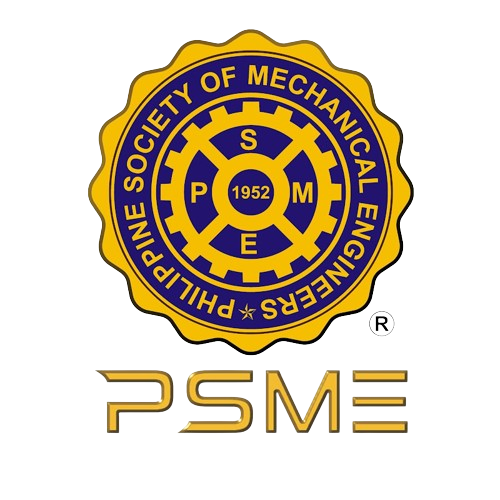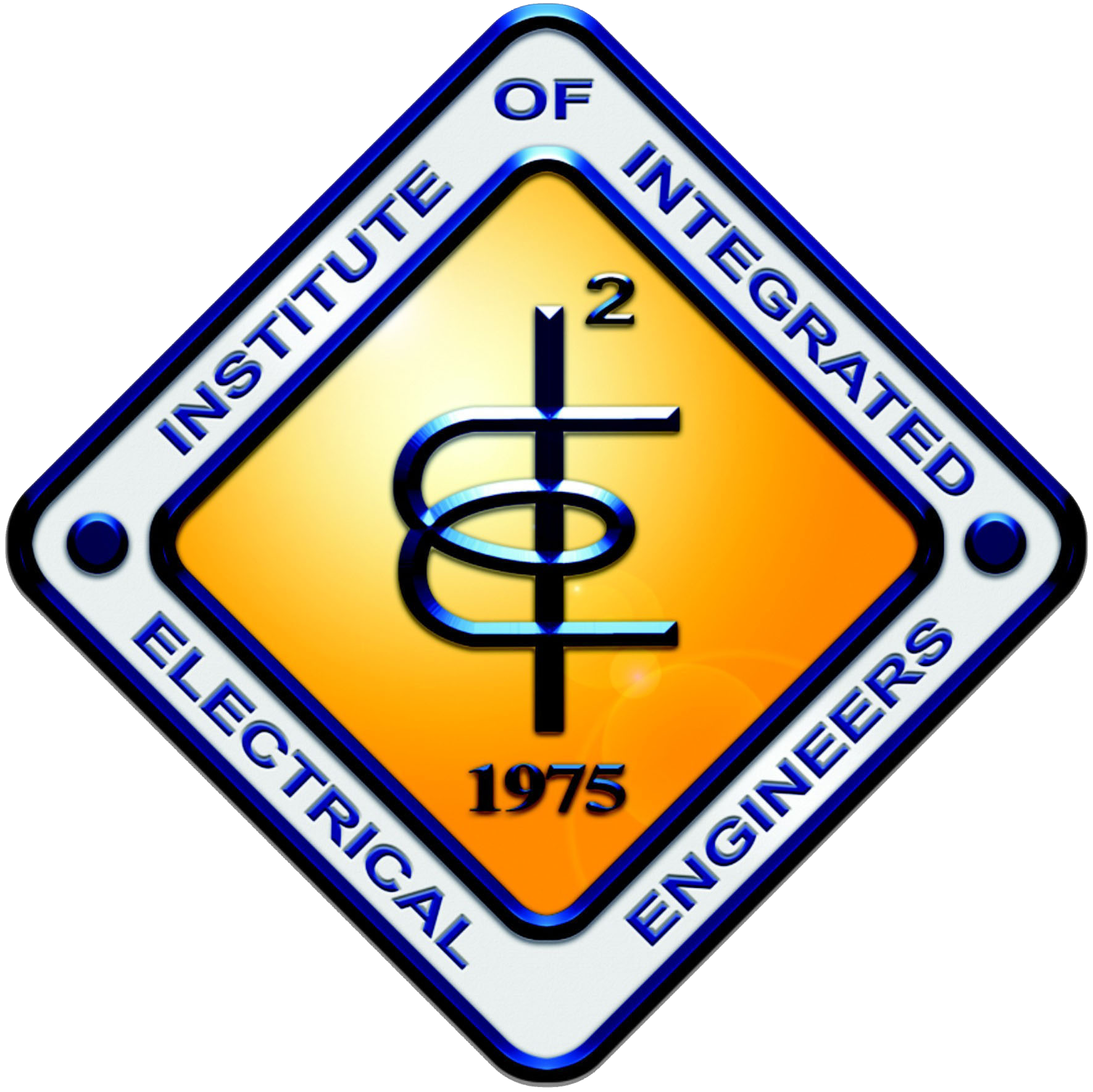Pipelines play a vital role in a country’s urban and industrial infrastructure, carrying essential resources such as water, gas, chemicals and others across vast networks. However, inadequate planning, maintenance and the aging condition of these systems have led to serious failures that disrupt services, and environmental hazards, which led to substantial repair costs. Effective pipe maintenance is critical to ensure the safety, reliability and efficiency of gas, water, slurry and other types of pipelines particularly in environments which are close to populated areas. Regular inspections leveraging advanced monitoring technologies is pivotal to conduct timely repairs and upgrades to aging pipelines to rectify leaks and structural weaknesses before they escalate. The consequences of neglecting these elements can prove to be catastrophic.
Most recently, the recent gas pipeline explosion in Putra Heights in April 2025 has raised serious concerns about the role of urban planning in ensuring public safety. Though, not a result of inadequate maintenance, concerns on the placement of residential areas close to high-pressure gas pipelines, which suggests a possible lack of proper zoning regulations and insufficient risk assessments during the development approval process. The Sabah–Sarawak Gas Pipeline in Malaysia had experienced 4 leaks resulting in 2 explosions from 2014 – 2022. The frequent failures caused by frequent soil movement and subsidence ultimately lead to the decommissioning of the USD 1 billion infrastructure in January 2025. Another notable incident occurred in December 2020, when a burst pipe in Rawang caused widespread water cuts across the Klang Valley, affecting more than 1.2 million account holders. Aging infrastructure and delayed maintenance, triggered public frustration and highlighted the vulnerabilities in Malaysia’s water distribution network. In 2021 alone, Pengurusan Air Selangor Sdn Bhd (Air Selangor) reported over 1,400 cases of pipe bursts, with significant losses in treated water and millions in repair costs.
To future-proof Malaysia’s pipeline infrastructure, proactive pipeline management must become a top priority. This includes transitioning from reactive repairs to predictive maintenance using smart technologies like pressure sensors and digital twins, enforcing stricter construction and safety codes, and investing in long-term rehabilitation projects. The Pipeline Planning, Maintenance & Upgrades by Trueventus will showcase case studies and best practices for thorough and routine inspections, proactive preventive maintenance strategies, and long-term upgrade planning tailored to Malaysia’s complex infrastructure landscape. As the nation continues to experience challenges from aging pipelines, urban expansion, and industrial demands, the conference becomes an essential convergence point for engineers, utility providers, municipal authorities, and project consultants.

Maps & Globe Specialist (M&GS) is an innovative media house, providing top-notch advertising services via industrial maps to Oil & Gas, Power Plant, Shipbuilding, Renewable Energy, Palm Oil, Agriculture, Mining, Water and Waste industry. Our maps serve as a powerful business outreach tool, enabling industry players to connect with key decision-makers and buyers across the globe. We offer a diverse portfolio of products and customized mapping services, and we take pride in maintaining high standards of professionalism in both our products and services. To learn more, please visit www.mapsglobe.com. You may also register as a member for free to access and view our maps online.
www.mapsglobe.com/

MOGEC is an effective platform to promote the advancement of the oil gas and energy engineering profession. MOGEC is involved in activities to represent, promote and safeguard the interests of the industry to PETRONAS, Government, clients, and business associates. Through MOGEC, members can be sure that their voice is heard and that people are aware of the value provided by the engineering services providers in the oil, gas and energy industry .
www.mogec.org.my/

The Philippine Society of Mechanical Engineers (PSME) Inc. is an organization of Mechanical Engineers in the Philippines founded in 1952 for the purpose of uniting and enjoining the mechanical engineers in the pursuit of continuing professional growth.
PSME was established to serve the Filipino Mechanical Engineers of various grades, to advance the Mechanical Engineering profession, and provide sustainability to a changing world.
psmeinc.org.ph/#/home

Energies Media is the leading source for comprehensive coverage of the oil and gas, as well as renewable energy industries. By combining the expertise of OILMAN, OILWOMAN, and ENERGIES, we deliver insightful content to a global audience, providing a unified experience that encompasses the full spectrum of energy-related topics.
energiesmedia.com/

MOThe Institute of Integrated Electrical Engineers of the Philippines, Inc. (IIEE) is the organization of electrical practitioners and the only accredited professional organization (APO) of electrical practitioners by the Professional Regulation Commission (PRC) with PRC Cert. No. I-APO-016. Founded in 1975, the organization, which started with 500 members has grown significantly and now proudly serves more than 76,000 electrical practitioners. The new EE Law (RA 7920) mandates that all electrical practitioners—Professional Electrical Engineers, Registered Electrical Engineers, and Registered Master Electricians—must be members of a PRC-accredited organization. IIEE being the only APO of electrical practitioners expects to yearly increase its membership base. IIEE is committed to (1) upgrade the professional credentials of its members through the Continuing Professional Development (CPD) programs; (2) enhance their social standing through the promotion of high ideals of integrity and ethics; (3) facilitate advancement of technology transfer through carefully conceived educational and training programs; and (4) provide opportunity for regular interaction among electrical practitioners.
iiee.org.ph/

The Australian Pipeliner is the official magazine of the Australian Pipelines and Gas Association (APGA) and the leading media brand for the sector. The publication covers everything from upstream gas exploration and facilities, to construction and maintenance of hydrocarbon transmission pipelines and water pipelines. With mature readership lists developed over several decades, excellent brand recognition in the industry and a strong reputation for producing high-quality original content, The Australian Pipeliner has unparalleled access to key decision-makers in the upstream and midstream sectors.
www.pipeliner.com.au







